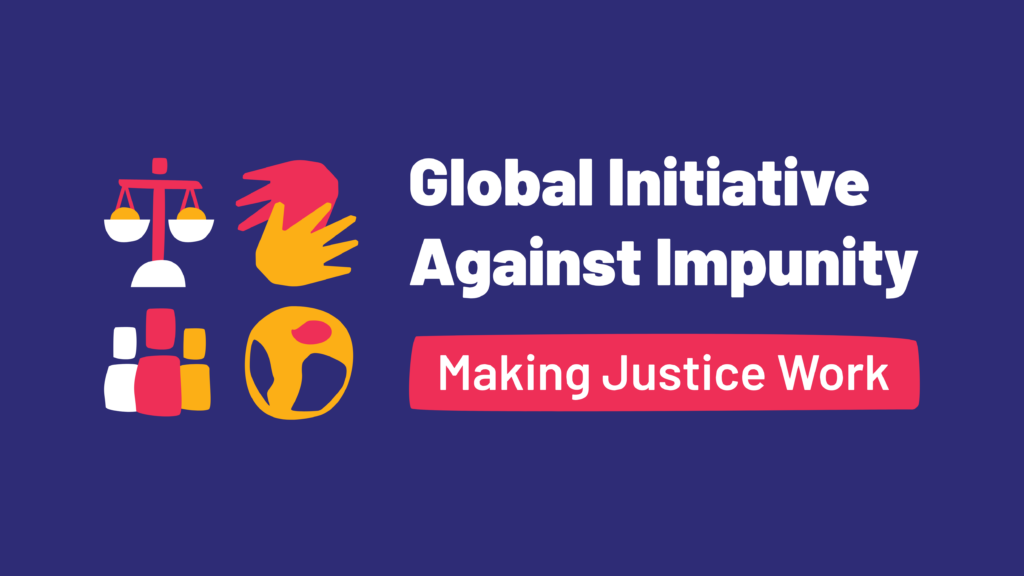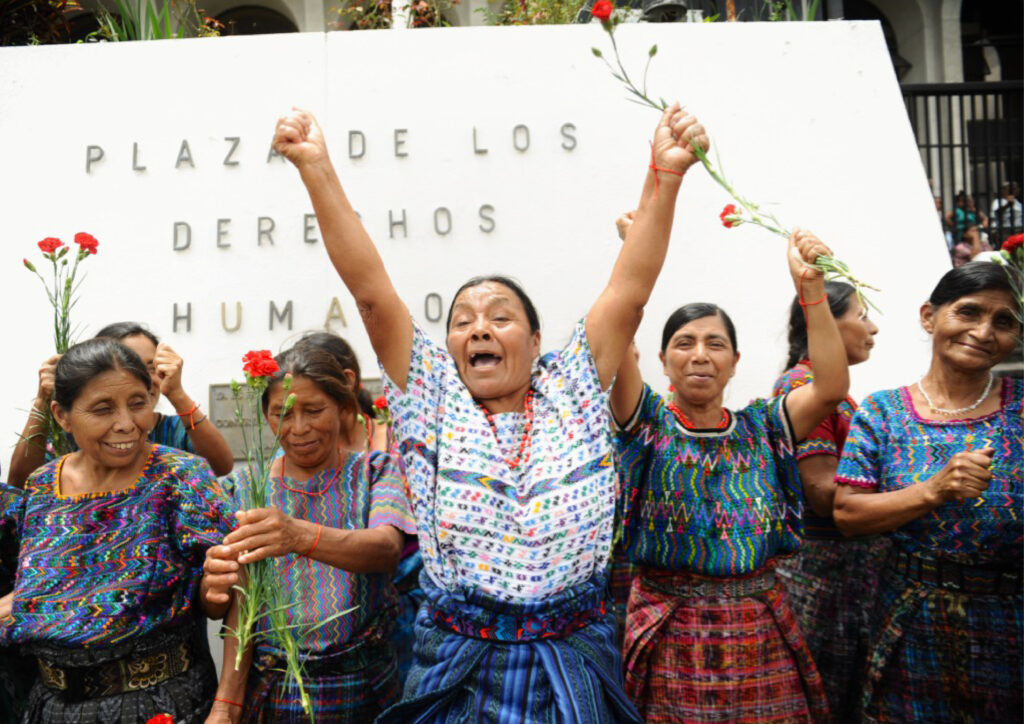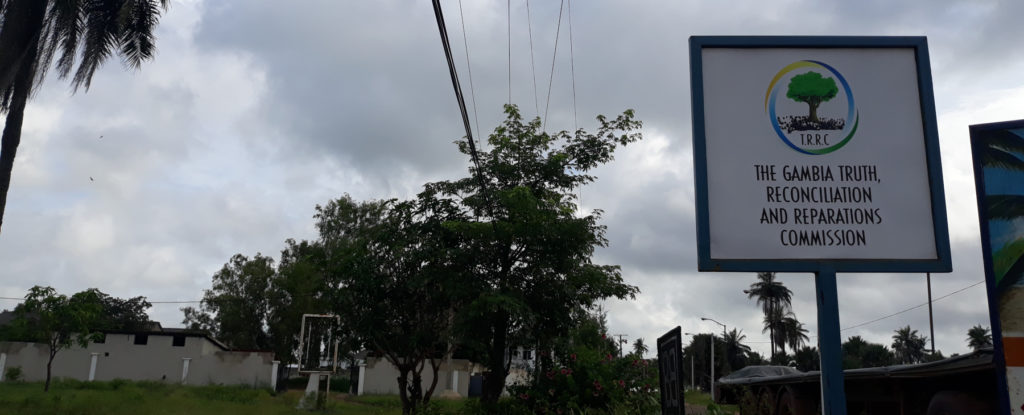TRIAL launches training series to fight enforced disappearance in Nepal
TRIAL International and its partner in Kathmandu, the Human Rights and Justice Centre, have trained 14 human rights defenders on the topics of enforced disappearance and extrajudicial executions. This first session heralds a series of similar trainings across the country throughout 2020.

“Despite my ten years’ experience of working on extra-judicial killings in Nepal, I didn’t know that a large number of violations were never reported to international mechanisms. The training has encouraged me to bring these cases to the international community’s attention” says Ram Bikash Chaudhary, a Nepali activist from the Madhes Human Rights Home. He attended the first of TRIAL’s and HRJC’s training series to combat two widespread crimes: enforced disappearance and extrajudicial executions.
Tailored content to address local priorities
The training was designed jointly by TRIAL International and the Human Rights and Justice Centre. A local approach ensured that the three-days session was packed with useful information for Nepali actors and addressed their most pressing concerns.
“The training was designed to accommodate the diverse background of the participants. Each individual participant could take with them learning that would be useful in their daily job of fighting impunity. The diversity was also reflected during the interactive workshops.” explains the HRJC Human Rights Officer, Salina Kafle.
Modules included the analysis of the international legal framework concerning enforced disappearance and extra-judicial killings; a presentation of the UN bodies dealing with these crimes; as well as concrete aspects such as documenting and interviewing techniques.
“In this training, Nepali human rights defenders had an opportunity to compare Nepal’s domestic framework with international standards, and confront the existing gaps” explains Gabriella Citroni, the international expert delivering the training. “Given the culture of impunity in the country, local actors need to be equipped to accurately document cases of gross human rights violations, with a view at reporting and litigating them both at the domestic and international levels.”
A participative approach
During the session, participants were encouraged to share their own experiences, helping others to understand the broader context.
“The training was unique in a sense that every lecture was followed by a workshop, where we could engage in discussions” says Sunil, from the THRD Alliance.“This gave us the chance to deepen the lectures’ content.”
The first step in a wider capacity-building scheme
Participants to the training will be testing their knowledge on real cases of extra-judicial killings and enforced disappearances, all along benefitting from the support of TRIAL’s experts. The most successful participants will then be selected for an intensive 6-month coaching program on the documentation of gross human rights violations, focusing on enforced disappearance and extra-judicial execution.
“One-to-one coaching allows tailored mentoring” explains the HRJC Coordinator, Ranjeeta Silwal. “Over a long period, we tie solid working relationships with the participants. Past experiences have shown that our collaboration goes on after the program’s end.”
This session was the first of a series of three trainings, each held in a different region of Nepal. The next session will take place in Pokhara in August 2020.
Read more about TRIAL International’s work in Nepal
This training was funded by the European Union and conducted in close partnership with a local partner under the coordination of TRIAL International












